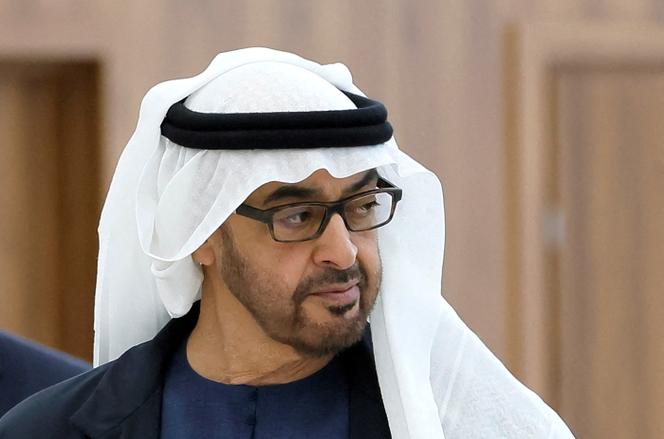


The United States's entry into war against Iran is a worst-case scenario for the Gulf monarchies. The support they have shown for Iran since June 13, condemning Israel's attack on this "friendly nation," may no longer be enough. They have been placed on high alert in anticipation of potential reprisals from Tehran, which has threatened to attack US bases on their territory and to close the Strait of Hormuz, a crucial commercial route in the Persian Gulf. On Sunday, June 22, the Gulf monarchies jointly called for de-escalation and a political end to the crisis. Israel's hawkish charge ahead, tempted by the prospect of regime change in Iran, has fueled their fear of a slide toward uncontrollable, widespread war in the Middle East. On Monday, Iran launched missile attacks on a US military base in Qatar, who condemned the strikes, but said it successfully intercepted the short- and medium-range ballistic missiles.
Until the moment of the US strikes on late Saturday night into Sunday, Gulf leaders tried to persuade President Donald Trump to abandon the military option and give diplomacy a chance. "De-escalation is extremely important. We still believe there is a path back to negotiations," pleaded Anwar Gargash, diplomatic adviser to Emirati President Mohamed bin Zayed Al Nahyan, before journalists, including from Le Monde, on Friday. "Riyadh supports neither escalation nor regime change," stressed Ali Shihabi, a Saudi political analyst. "A diplomatic solution seems very difficult to find at the moment, but not impossible."
You have 78.24% of this article left to read. The rest is for subscribers only.
